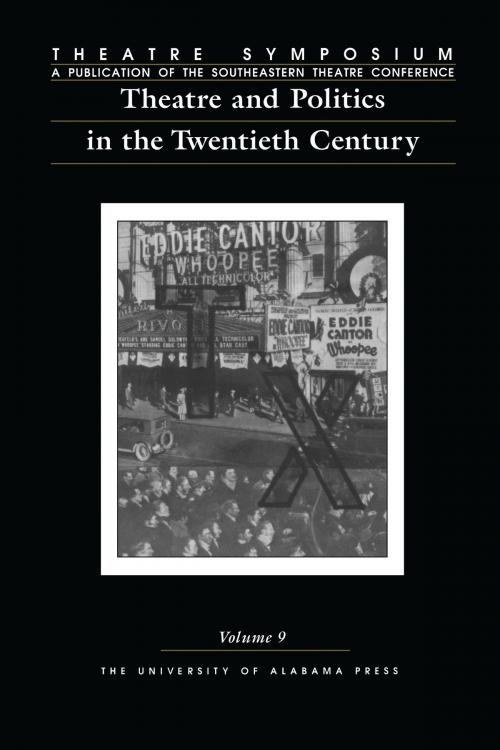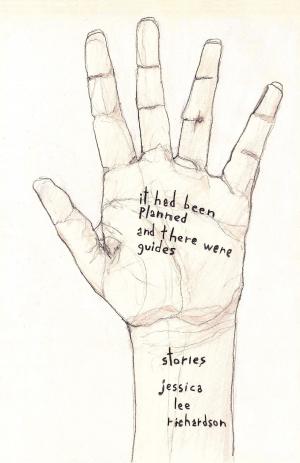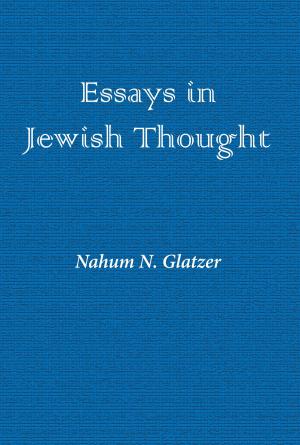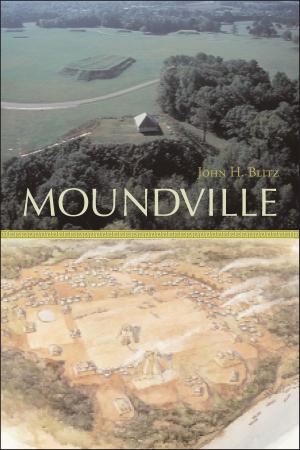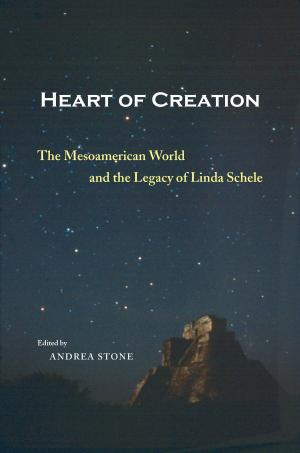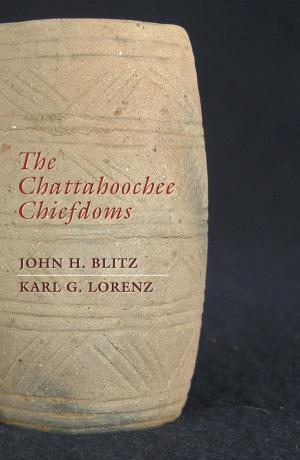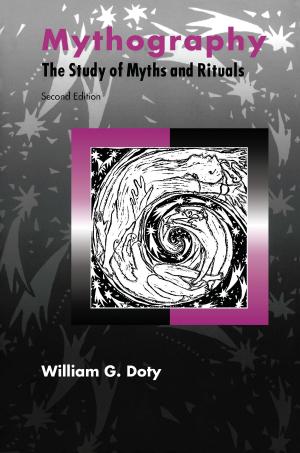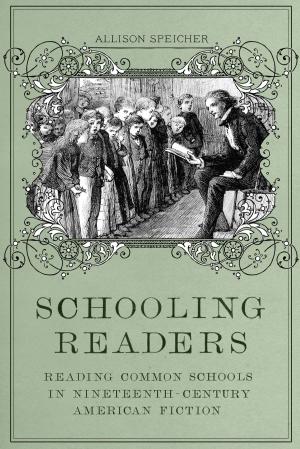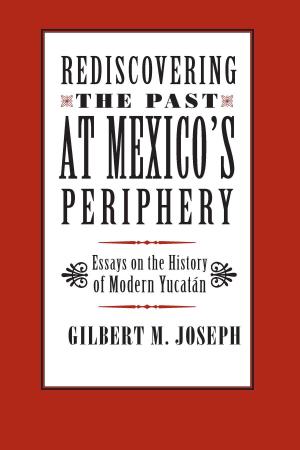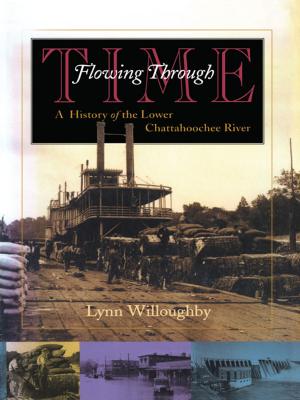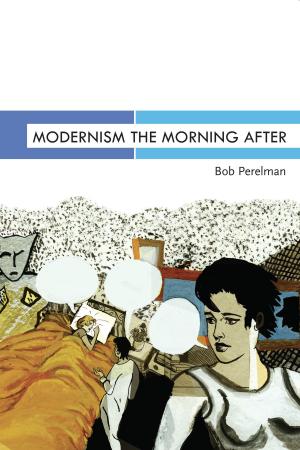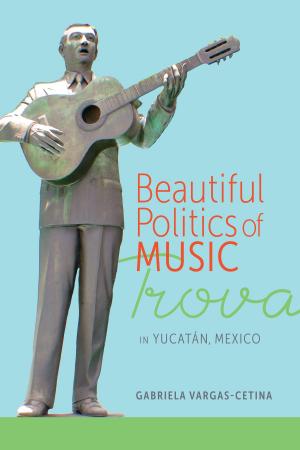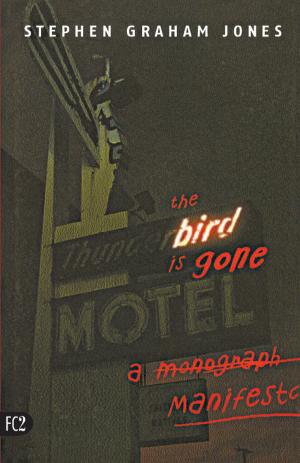Theatre Symposium, Vol. 9
Theatre and Politics in the Twentieth Century
Nonfiction, Entertainment, Music| Author: | James Fisher, Susan Kattwinkel, John E. O'Connor, Barry B. Whitham, Jonathan Chambers, Steve Ernest, Christopher Herr, Carol Burbank, Mary Trotter, Kurt Elgin, Jeff Turner, Anne Fletcher | ISBN: | 9780817386948 |
| Publisher: | University of Alabama Press | Publication: | August 30, 2016 |
| Imprint: | University Alabama Press | Language: | English |
| Author: | James Fisher, Susan Kattwinkel, John E. O'Connor, Barry B. Whitham, Jonathan Chambers, Steve Ernest, Christopher Herr, Carol Burbank, Mary Trotter, Kurt Elgin, Jeff Turner, Anne Fletcher |
| ISBN: | 9780817386948 |
| Publisher: | University of Alabama Press |
| Publication: | August 30, 2016 |
| Imprint: | University Alabama Press |
| Language: | English |
This collection of essays explores how drama can teach political principles and entertain at the same time.
Political commentary is possible through "variety" theatre, this volume contends. Compiled from the April 2000 Theatre Symposium held on the campus of the University of Tennessee-Knoxville, this collection of essays
presents a compelling mix of theoretical and practical viewpoints from a broad diversity of scholars from around the country.
What remains to be learned about the political objectives of Brecht's Lehrstriucke? What political power is resident in the satirical humor of Dario Fo's drama? What can we learn from Mordecai Gorelik's political/artistic philosophy that might inform contemporary practice? What was the impact of political theatre on Broadway between the wars? Is Thornton Wilder's Our Town the play we've always imagined it to be, or does it challenge the politics of its time? What is the role of theatre activism in raising consciousness about gender politics? These are only some of the questions addressed by this lively, informative discussion.
This collection of essays explores how drama can teach political principles and entertain at the same time.
Political commentary is possible through "variety" theatre, this volume contends. Compiled from the April 2000 Theatre Symposium held on the campus of the University of Tennessee-Knoxville, this collection of essays
presents a compelling mix of theoretical and practical viewpoints from a broad diversity of scholars from around the country.
What remains to be learned about the political objectives of Brecht's Lehrstriucke? What political power is resident in the satirical humor of Dario Fo's drama? What can we learn from Mordecai Gorelik's political/artistic philosophy that might inform contemporary practice? What was the impact of political theatre on Broadway between the wars? Is Thornton Wilder's Our Town the play we've always imagined it to be, or does it challenge the politics of its time? What is the role of theatre activism in raising consciousness about gender politics? These are only some of the questions addressed by this lively, informative discussion.
